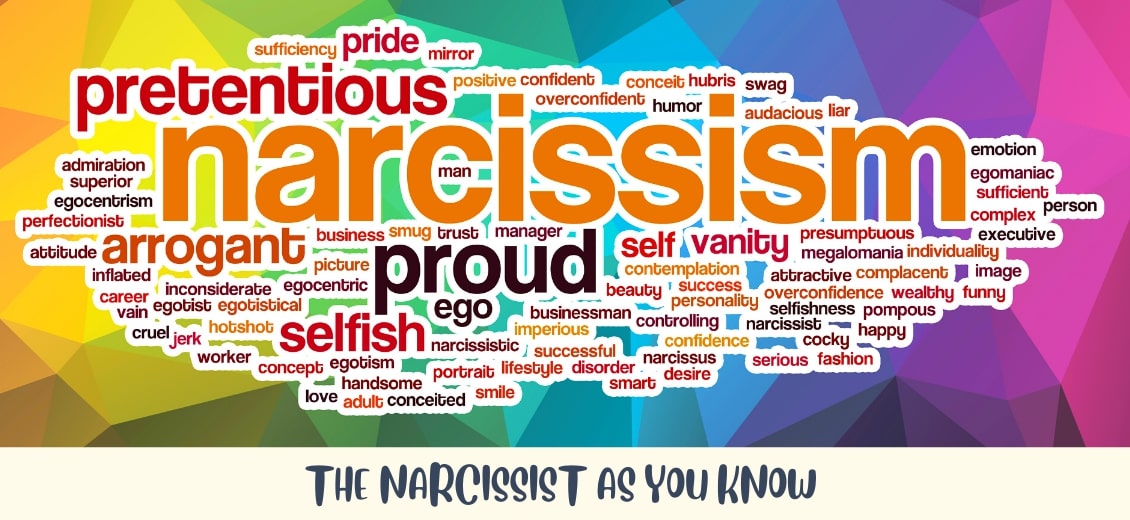
It is quite likely that you have come across the word “narcissist” before. The popular usage of the phrase “such a narcissist” is mostly used as an insult to refer to someone who is overly self-indulgent and considers themselves to be standing on a high pedestal. However, it is important to understand what narcissism means in psychological terms and that can not be done with popular phrases alone.
Although narcissism is difficult to define and a lot of research is still ongoing, the blog will aim to briefly define narcissism, and what it means to be a narcissist. Further, it will move in line with describing some signs that are common in narcissists. Please remember to read this blog with caution. The objective of this blog is to provide a rough sketch of what narcissism looks like and does not provide any professional advice.
But, What is Narcissism?
Narcissistic Personality Disorder also referred to as NPD is a personality disorder characterised by excessive self-indulgence and self-absorption, with an incapacity to handle criticism, often at the cost of affecting others. It is possible to confuse narcissism with self-love. After all, we live in times when self-love is promoted to the extent that the boundary of hurting someone else is allowed to be forgotten. Psychology differentiates between these two terms. Narcissism is essentially a “disorder”, in the sense that someone with NPD is consumed with their “grand” images, essentially to evade their deep insecurities.
Source of the name ‘Narcissism’
According to a Greek myth, Narcissus was an attractive man who rejected a nymph Echo and was, therefore, punished by Gods to admire his own reflection in a pool of water. Once he realises that his lover (which is his own reflection in the water) could not love him in return, he gradually dies. During the end of the 1800s, narcissism began to be considered a psychological disorder.
Havelock Ellis in the year 1889, used “narcissism” in a sense of sexual perversion. This meant to treat one’s own body the way the body of a sexual partner is looked upon. In 1913, Ernest Jones referred to narcissism as “God Complex”. These people are essentially self-admiring, too confident, indifferent to others, and are aloof. Jones identified that these people have a strong desire to be “unique” from others. It was Robert Waelder, in 1925, who categorised narcissism as a personality disorder.

